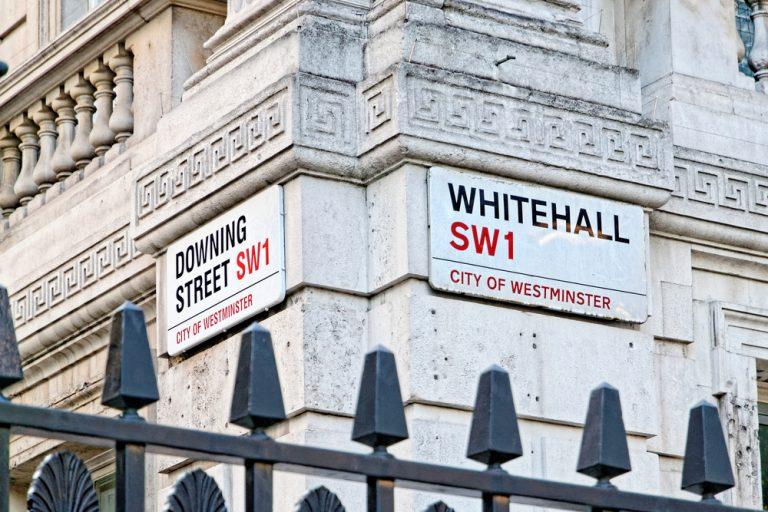
The UK Government, has pledged to change the nature of British Foreign Policy following a governmental review.
PM Johnson has a lot to balance at the moment, amid battling with Brussels and the European Union, the coronavirus situation only seems to be getting worse and worse.
Since the recent Cabinet Reshuffle, nearly a fortnight ago – the face of the Cabinet and Government has changed.
Rishi Sunak, the new Chancellor has expressed his intentions to reveal the budget on March 11 and has confirmed his plans to produce a budget which is beneficial for the British people.
Today, the UK Government has conducted an in-depth review of British Foreign Policy.
Notably, the Diplomatic Service which handles issues such as crime, technology and use of military supplies will be facing a full review.
British Foreign Policy has been under scrutiny over the last 20-30 years, many saying that the ‘special relationship’ with the United States has often meant that Britain has followed the United States in overseas action.
The cases of intervention in states such as Iraq or Afghanistan spring to mind with this hypothesis – and the UK Government has still not healed from the wounds caused by both these conflicts.
Many political authors argue that even with US and UK intervention in Afghanistan, not much has really changed – posing a question as to whether the UK Government needs to review its approach to Foreign Policy.
The review will also seek “innovative ways” to promote UK interests while committing to spending targets.
Boris Johnson, in his Conservative Manifesto noted that the UK would continue to spend 0.7% of gross national income on international aid. Interestingly, there was also a pledge to exceed the NATO target of 2% of gross domestic product on defense.
The UK Government has expressed its intentions to strengthen ties with China, but there has been speculation over the possibility of this with the involvement of Chinese companies into projects such as HS2.
The review has been set to put the following issues into question:
* define the government’s ambition for the UK’s role in the world
* set out the way in which the UK will be a problem-solving and burden-sharing nation
* determine the capabilities needed for the next decade and beyond to pursue objectives and address threats
* identify the necessary reforms to government systems and structures to achieve these goals
The government says it will “utilise expertise from both inside and outside government for the review, ensuring the UK’s best foreign policy minds are feeding into its conclusions and offering constructive challenge to traditional Whitehall assumptions and thinking”.
The review will conclude later this year, and the results and approach taken by PM Johnson and the UK Government will be certainly interesting to note.
